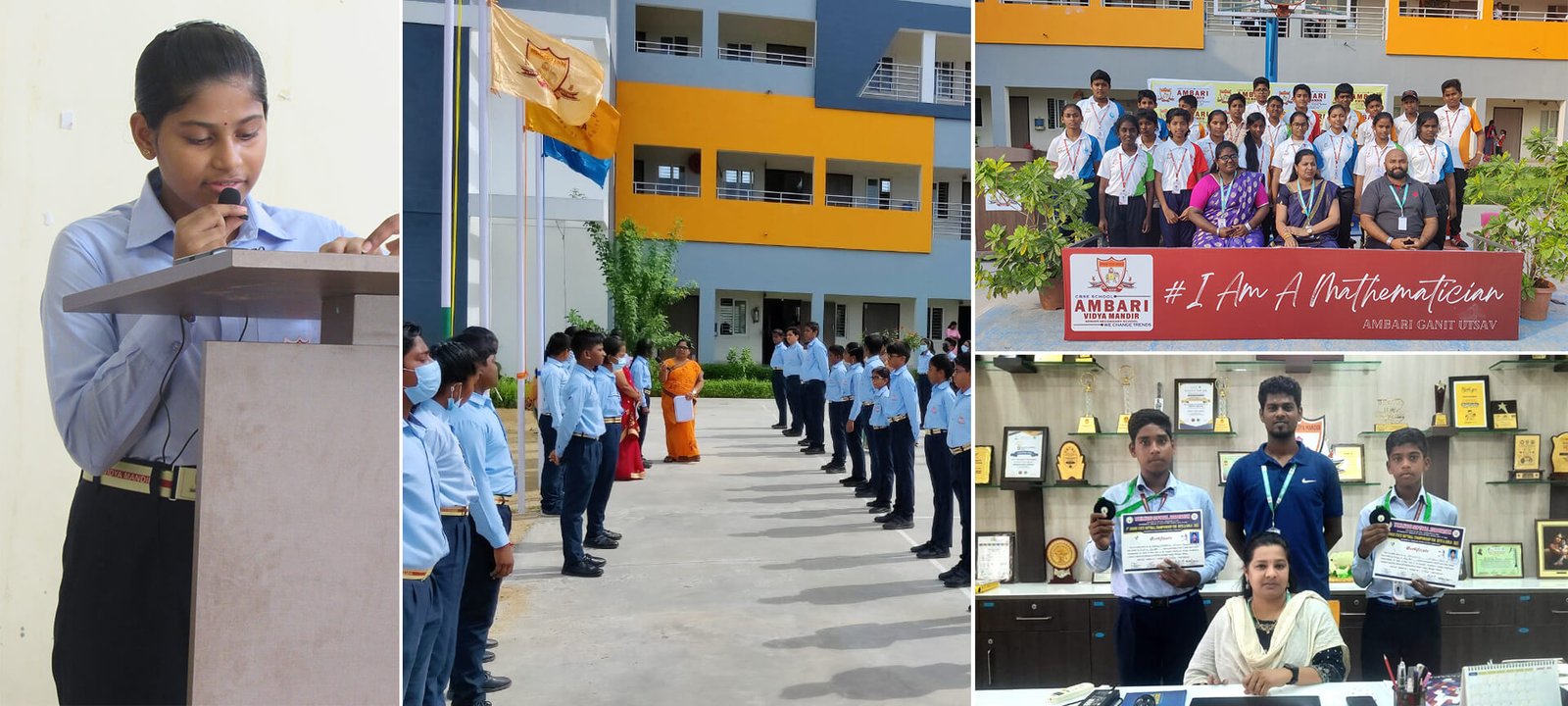The secondary school years (Grade VIII to X) are a critical phase in a student's academic journey, as they transition towards more specialized and in-depth studies. The outlined features for this stage at AMBARI suggest a focus on skill development and preparation for future academic pursuits
Skills-Focused Curriculum:
Describing the secondary curriculum as skills-focused indicates an emphasis on developing practical skills alongside theoretical knowledge. This approach aligns with the idea that education should not only impart information but also equip students with the skills necessary for success in various aspects of life.
Critical Thinking and Communication Skills:
Highlighting the development of critical thinking and communication skills is essential for preparing students to navigate complex challenges. These skills are transferable across subjects and are valuable in both academic and real-world contexts.
Preparation for Further Academic Studies:
Expressing the intention to prepare students for further academic studies implies a commitment to providing a strong academic foundation. This may involve preparing students for advanced coursework, standardized testing, and the rigors of higher education.
Key Skills Development:
The emphasis on developing key skills that transcend specific subjects suggests a holistic approach to education. These skills may include problem-solving, research, time management, and collaboration—skills that are applicable in various academic and professional settings.
Preparing for Grade X Milestone:
Acknowledging the significance of Grade X as a milestone indicates a focus on ensuring that students are well-prepared for the challenges and assessments associated with this crucial stage in their academic journey. This preparation may involve comprehensive curriculum coverage, exam readiness, and support for academic and emotional well-being.
In summary, the secondary program at AMBARI appears to be designed to provide a well-rounded education that not only imparts subject-specific knowledge but also emphasizes the development of critical skills essential for success in higher education and future challenges. This approach aligns with contemporary educational philosophies that recognize the importance of preparing students for the complexities of the modern world.



